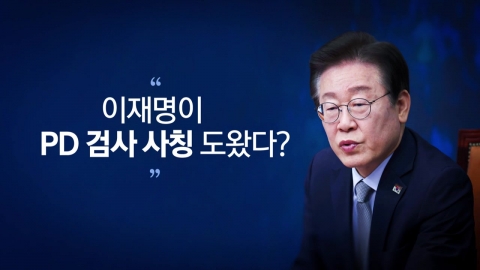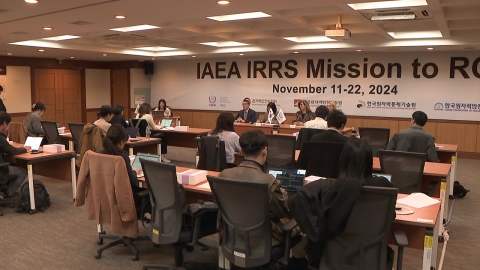The Washington Post (WP) reported on the 22nd local time, citing officials from Lebanon, Israel and the U.S., the arbitration state, that a negotiation plan aimed at creating a 60-day temporary ceasefire and buffer zone was proposed.
It is to cross the northern border into southern Lebanon and withdraw Israeli ground forces that have been fighting Hezbollah, and Hezbollah also wants to defeat militants north of the Ritani River, 29 kilometers from the Israeli border.
Then, the main goal is to increase the deployment of Lebanese government forces and UN peacekeepers to Israel's border area south of the Ritani River, which has become a blank area, to curb further armed conflict and lay the foundation for a permanent ceasefire.
The proposed agreement also included the establishment of a new framework for implementation of the agreement led by the United States to prevent both Hezbollah and Israel from stepping into the buffer zone created in this way, officials said.
However, until the two sides reach a final settlement, how to ensure the implementation of the mutual agreement remains a challenge, the newspaper added.
## Below
for Web
appears to be a full implementation of UN Security Council Resolution 1701, which was adopted in 2006 to end the war between Israel and Hezbollah but did not work properly.
Hezbollah, which has suffered severe damage since mid-September, has been largely positive for the cease-fire, with its leadership exterminated and its support base, the Shiite community, shaken since Israel's attacks on Hezbollah began in earnest.
In fact, Naim Qasem, who recently became Hezbollah's No. 1 leader after Hasan Nasrallah, who lost his life in Israeli airstrikes, said in a video address on the 20th that he "agreed to an indirect negotiation method."
Qasem argued that Hezbollah wants two things: one to stop Israel's attack on Lebanon, and the other to preserve Lebanon's sovereignty.
Local diplomats say that Hezbollah, which has been showing a stance that a cease-fire between Palestinian militant Hamas and Israel is the first, has taken a step back and negotiated a cease-fire with Israel.
The Israeli government, led by Prime Minister Benjamin Netanyahu, is also exposed to intense political pressure to end the war against Hezbollah early.
Since the start of the war after Hamas' surprise attack on Israel on October 7 last year, Hezbollah has launched sporadic rocket and missile attacks against northern Israel, which have led tens of thousands of people in northern Israel to flee for more than a year.
Targeted airstrikes and ground troops have fatally wounded Israel, but they still fall short of eliminating Hezbollah's combat capabilities, with as many as 100 rockets fired into Israel a day, putting a strain on Israel.
President Joe Biden's special envoy to the Middle East, Amos Hochstein, who recently visited Lebanon and Israel to discuss the ceasefire, told a news conference after meeting with Lebanese parliament speaker Navi Berry, who negotiated on behalf of Hezbollah, on the 20th.
※ 'Your report becomes news'
[Kakao Talk] YTN Search and Add Channel
[Phone] 02-398-8585
[Mail] social@ytn.co.kr
[Copyright holder (c) YTN Unauthorized reproduction, redistribution and use of AI data prohibited]
International
More- "Biden to add semiconductor latch to China...Impact of up to 200 companies"
- CNN "North Korean troops also arrive in Mariupol and Kharkiv"
- Ukra Is Developing Its Own Ballistic Missile... and Puna Is Trapped in 'Western Approval'
- Trump picks NFL player for housing and urban secretary...the first black ministerial candidate

![[Reporting Y] "Light" is right in front of the exam.a massive cancellation of qualifications](https://image.ytn.co.kr/general/jpg/2024/1123/202411230506345528_h.jpg)


![[Yetterview] "University War Season 2" The True Taste of Brain Survival Overcrowding Controversy](https://image.ytn.co.kr/general/jpg/2024/1123/202411230900011387_h.jpg)
![[YTERVIEW] "The best song is 'Dreams of Octopus'". Thank you, children".](https://image.ytn.co.kr/general/jpg/2024/1123/202411230800271881_h.jpg)



